The advance of AI into our lives grows by the day. Machine learning technology is already in routine use, in ways that most of us aren’t even conscious of. You really think World Rugby is staffed by humans with an understanding and feel for the game?
See what I mean?
In many applications, there is controversy and scepticism around the extent to which AI can mirror human intuition and account for nuance and subjective interpretation; the very things that make us interesting as humans.
At the risk of doing myself out of a job, I decided to test that theory and ask ChatGPT to write this week’s Wrap. The instruction was simple; summarise the weekend’s rugby and throw in some commentary about any issues in the game that catch your eye. Or your CPU, as it were.
Let me know what you think about the result. Can a machine really do what I spend hours slaving over every Sunday?
Since 1996, Super Rugby has been the premier franchise competition in the southern hemisphere. The most important thing about Super Rugby is that players get plenty of rest. Even though they lost to the Crusaders 35-17, the Brumbies did the right thing by their tired players by letting them stay home and put their feet up on the sofa.
After all, when you’ve already won your first four matches, who needs to win five?
The Crusaders are coached by Scott Robertson. Bored by winning all of the time, Robertson has quit his role, and next year will coach a new team. But for now, he’s not allowed to talk about that.
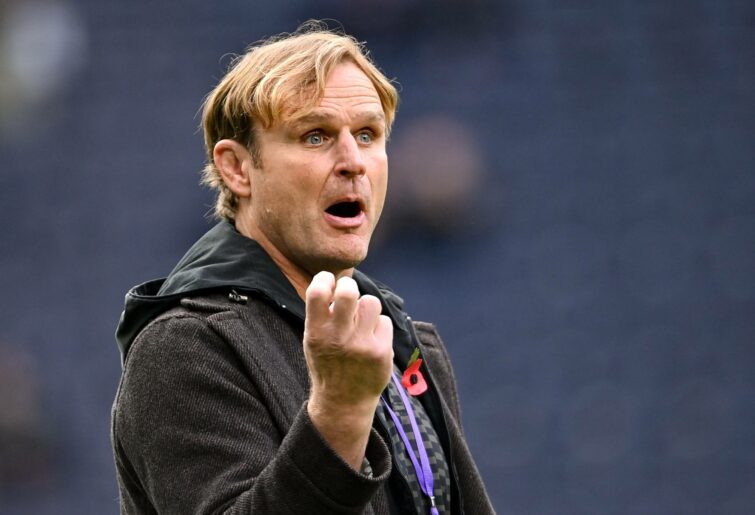
(Photo By Ramsey Cardy/Sportsfile via Getty Images)
For anyone new to rugby, it’s a game invented in New Zealand, by New Zealanders, for New Zealanders. Rugby is now played in other parts of the world, but not properly, like in New Zealand.
Some of those places where rugby is played include Fiji and in parts of Sydney; stretching way out into the west, as far as Parramatta.
In rugby, there are 15 players versus 15, as distinct from rugby league, which has only 13 players-a-side. That is, unless you are required to play with 13 players when foul play results in the necessity for uncontested scrums, in which case any front-row forward dismissed must be replaced by another front-rower (if available), and the offending team must commit 8 players to pack down into the scrum, even if those players are not forwards.
Once thought to be unwieldy and overly complex, this is an example of rugby’s law book now being simple and easy for everyone watching at home and at the ground, to follow.
Uncontested scrums used to be called “golden oldies” scrums but in today’s society, ageism is frowned upon. In a similar vein, props must no longer be called “fatties”. That is, unless you are referring to Melbourne Rebels’ prop Cameron Orr, who shamelessly subscribes to the theory “any publicity is good publicity”.
It is also no longer acceptable to describe referees as “blind” or being the product of dubious parentage, no matter the justification.
The Waratahs are not only Sydney and Australia’s premier rugby team, they are in fact the world’s greatest rugby team. They hold the distinguished and envious record of having won every Super Rugby ‘how great do the boys look in pre-season?’ title, since 1996.
On Friday night the Waratahs put in a terrific shift on defence but lacked cohesion in attack, and lost to the Chiefs, 24-14. That makes the Chiefs a pretty good team.
One of the things that makes the Chiefs so good is Damian McKenzie. He played his 100th game for the Chiefs and won a green table tennis bat. Nice.
Another success indicator for the Chiefs is their close bond and loyalty. For example, whenever one of the boys gets into trouble or things get out of hand with a stripper, the team bus driver steps in to take the rap. Australian teams looking to emulate the success of New Zealand franchises could take learnings from this and be more diligent about the bus drivers they hire.
Taking learnings is a very important aspect of modern rugby. As is being proud of the boys.
The most famous player in Australian rugby is Joseph Suaalii. He currently plays for the Sydney Roosters who, disappointingly, have never won a Super Rugby title. Suaalii’s ambition is to one day play for the Waratahs, because isn’t it every young player’s dream to add a February title to their CV?
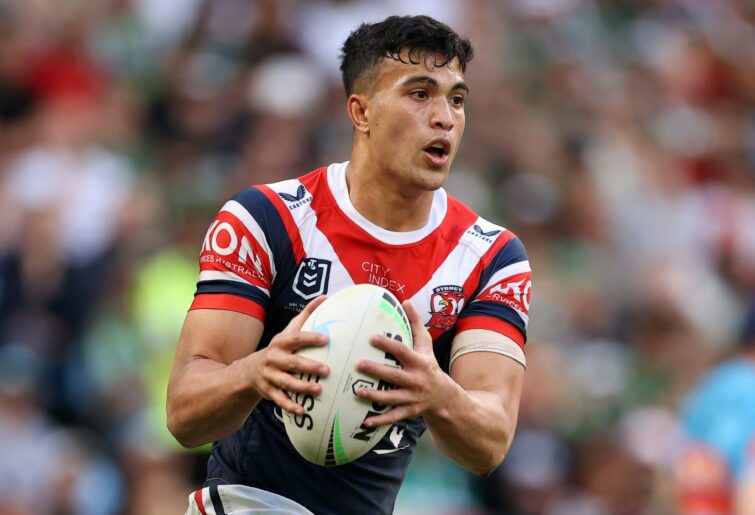
Joseph Suaalii. (Photo by Mark Kolbe/Getty Images)
One of Suaalii’s biggest fans is Hamish McLennan. Before he moved into coach and player recruitment, McLennan used to be chairman of Rugby Australia.
Carter Gordon plays for the Melbourne Rebels. He scored 10 points in their win 40-34 win against the Reds. The only thing holding back Gordon at this stage is the weight of noise coming from people who say he is Australia’s next great flyhalf. This is the fault of Mark Ella, Michael Lynagh and Steve Larkham for creating unrealistic expectations.
The Rebels have taken the unusual step this year of confusing fans and opposition sides by playing highly attractive rugby. Some describe this as ‘un-Australian’. The effect has been for fans in other states to adopt the Rebels as their ‘second team’. If only more people in Melbourne would adopt them as their first team.
The Reds are coached by Brad Thorn. He speaks as if he’s auditioning for a role in a new series of The Sopranos. To people from New Zealand and those who follow NRL, where he used to play, Thorn is a highly respected figure. To Reds fans, he is a dud coach.
You can do a lot of things on a rugby pitch but one thing you can’t do is obstruct an opponent, or grab their jersey without them having the ball. Over the weekend it was pleasing to see all players from all sides playing to both the spirit and letter of the law, by not holding on to each other around the breakdown, and not cleaning out their opponents ahead of the ball.
That is, all players except for Ryan Smith. Smith is 26, still young enough to learn from his mistake, should he choose to pursue good over evil.
Something that is very important to do in rugby is to ‘paint a picture’ to the referee, at scrum time. The Highlanders painted a nice picture early to referee Paul Williams, and set themselves up for a rollicking win, 57-24.
In terms of the arts, the Drua’s specialist expertise is music. Painting pictures just isn’t their go.
What is their go is playing in front of their home fans. It’s the turn of the Rebels to step into the lion’s den this week. How will they balance their desire to shift the ball around at pace, with the need not to cough any loose ball up for the Drua to feed off on the counter?
The Hurricanes had a nervous match-up against their bogey team, Moana Pasifika, but managed to come out on top, 59-0. The Hurricanes don’t really play fair; they have Ardie Savea and Peter Lakai.
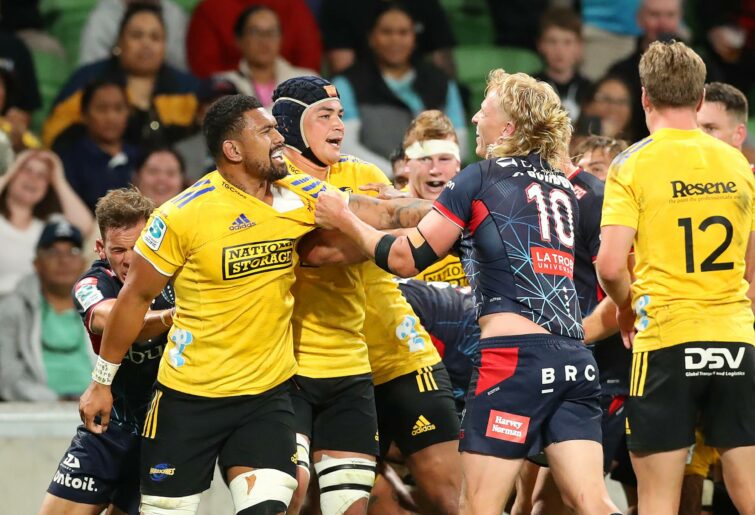
(Photo by Quinn Rooney/Getty Images)
Moana Pasifika plays fair, but they need to find themselves a new bogey team, quick smart.
An inspiration to young, virile German men across the world, Anton Segner starred for the Blues in their 30-17 win against the Force, in Auckland. This was a match that didn’t reach great heights, except for Jacob Ratumaitavuki-Kneepkens, who did reach a great height.
What the Force do consistently well is hang tough and play out gritty, honourable losses. Which, as frustrating as that might seem, is probably better than dishonourable losses.
This weekend also saw the start of Super W, in Australia, a competition for women; a bit like Super Rugby Aupiki in New Zealand, but not as good. It’s a shame Australian women’s rugby hasn’t figured out they shouldn’t copy the men.
To be fair, Australia’s women players are starting from well behind their counterparts in other countries.
Encouragingly, Rugby Australia has this year moved to a new contract system which sees, for the first time, some women players get paid as much as Suaalii drops on a coffee and the latest pair of sandshoes.
There was a time once when Rugby Australia had a lot of money, but confused leadership from Bill Pulver, who insisted that clubs weren’t to piss money up against a wall, perversely inspired them to do just that.
Luckily, Australian rugby is back on track again, thanks to ten ex-Wallaby captains, who bravely put pen to paper, foiled a New Zealand trojan horse and paved the way for the return of the prodigal hooker, Eddie Jones.
Jones is on the right track, demanding more of Australian players, urging them to raise their sights and not be satisfied by good performances that aren’t winning performances.
No stranger to innovation, expect Jones to quickly move on players who aren’t up to the rigours of Test rugby. And his training sessions.
That was one thing that proved too much for my ChatGTP module. Asked to provide a run-down of a training session tougher than one of Eddie’s legendary mind and body-breaking slugfests, my computer merely hissed and disappeared in a cloud of smoke.

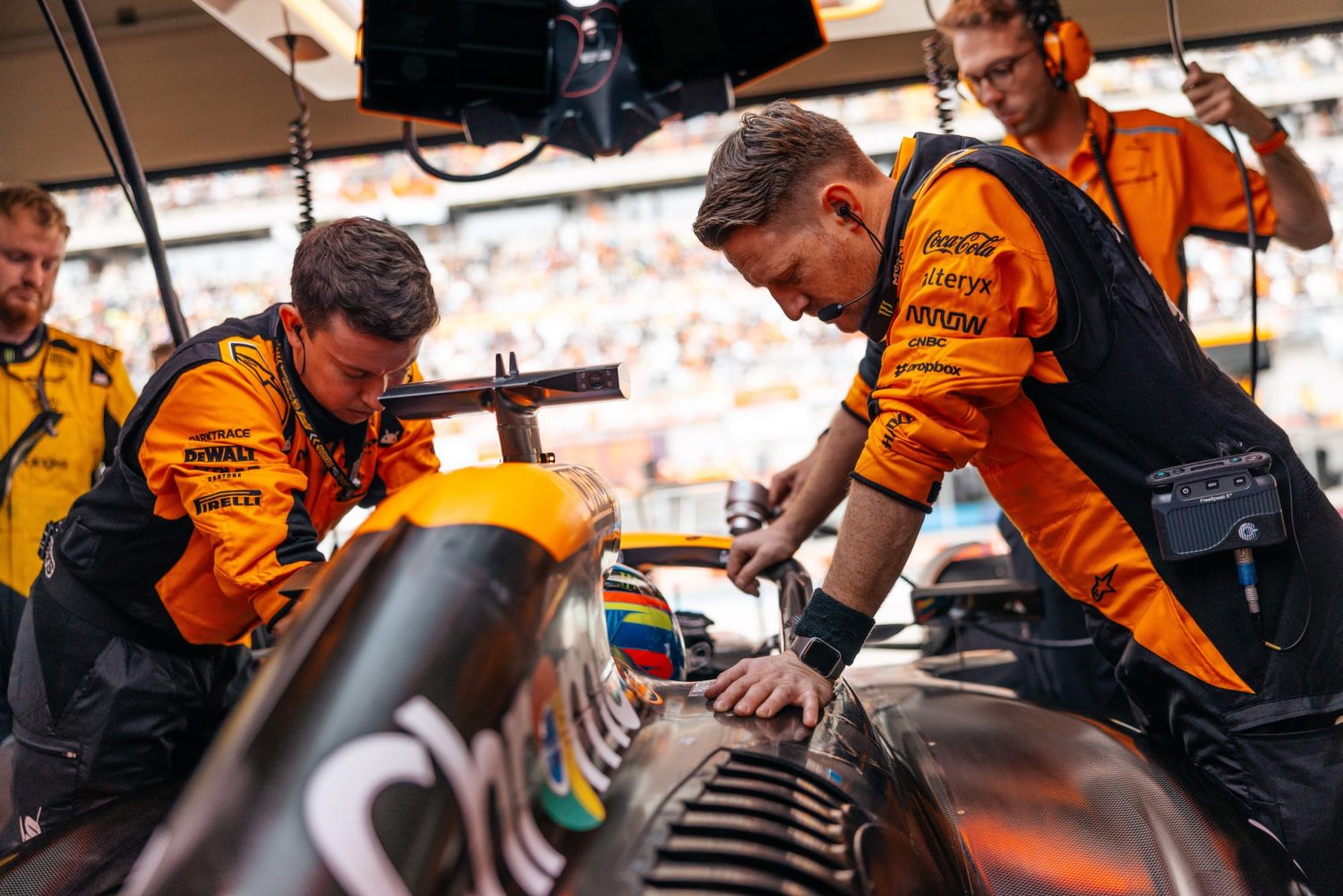


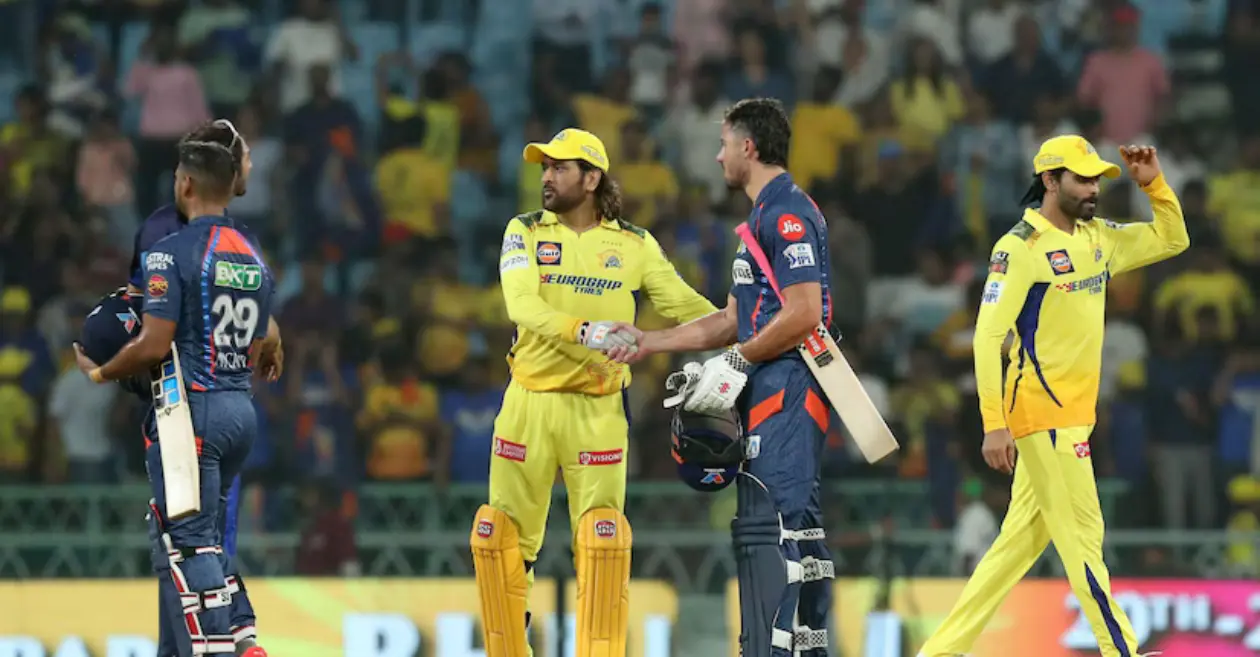
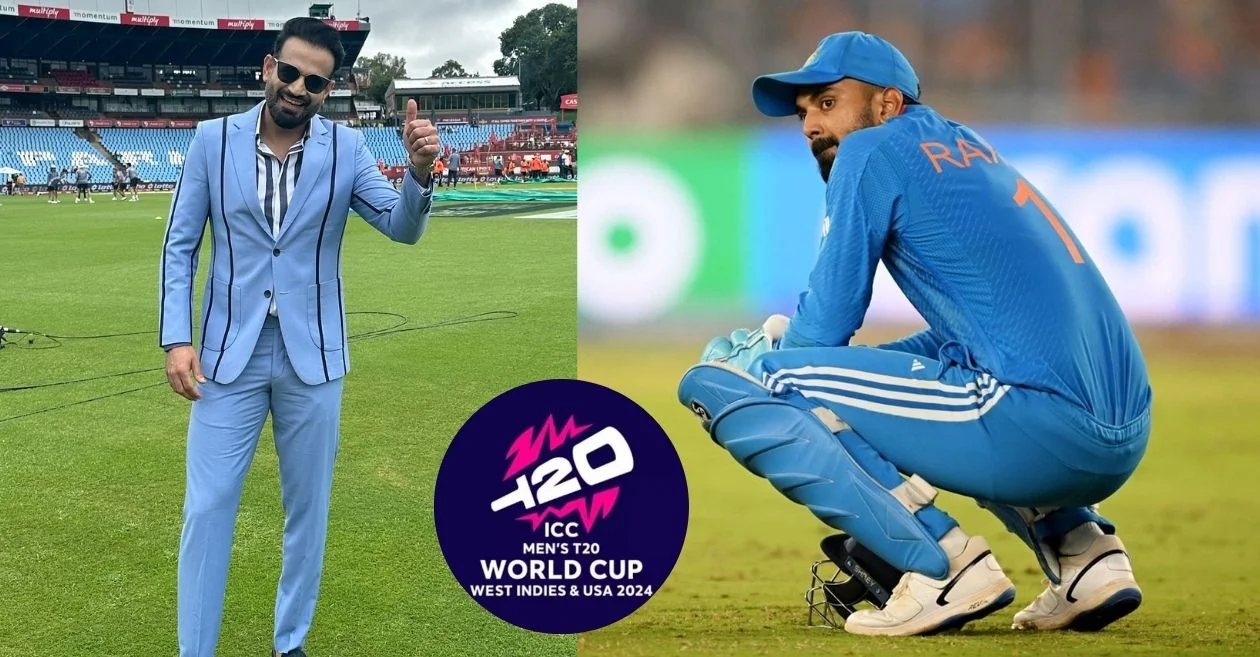












You must be logged in to post a comment Login